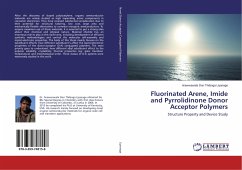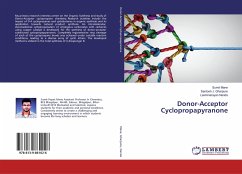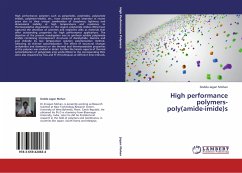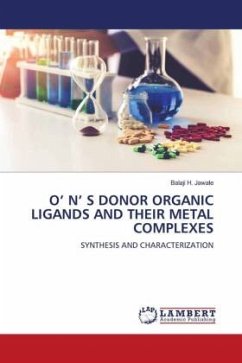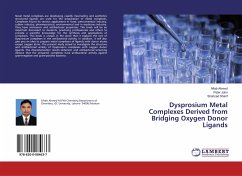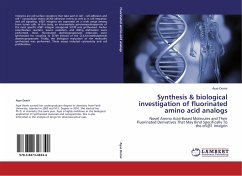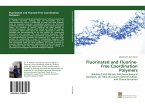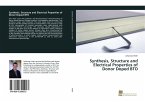After the discovery of doped polyacetylene, organic semiconductor materials are widely studied as high impending active components in consumer electronics. They have received substantial consideration due to their potential for structural tailoring, low cost, large area and mechanically flexible alternatives to common inorganic semiconductors. To acquire maximum use of these materials, it is essential to get a strong idea about their chemical and physical nature. Material chemist has an enormous role to play in this novel area, including development of efficient synthetic methodologies and control the molecular self-assembly and (opto)-electronic properties. The body of this thesis mainly focuses on the substituent effects: how different substituent's affect the (opto)-electronic properties of the donor-acceptor (D-A) conjugated polymers. The main priority goes to understand, how different alkyl substituent effect to the polymer solubility, crystallinity, thermal properties (eg: glass transition temperature) and morphological order. Three classes of D-A systems were extensively studied in this work.
Bitte wählen Sie Ihr Anliegen aus.
Rechnungen
Retourenschein anfordern
Bestellstatus
Storno

